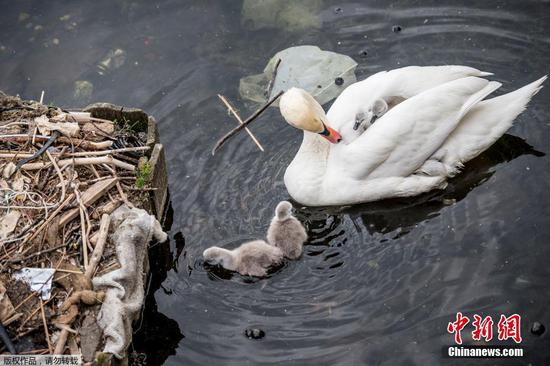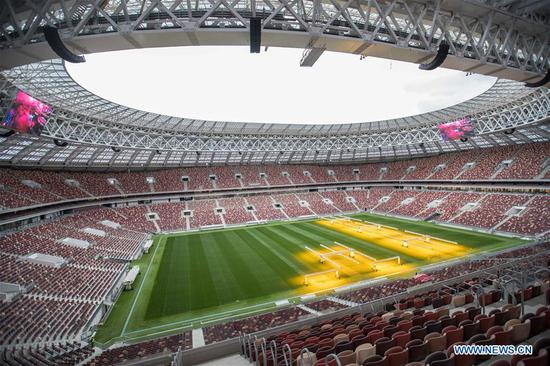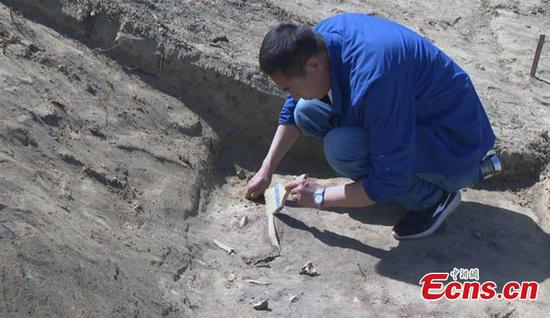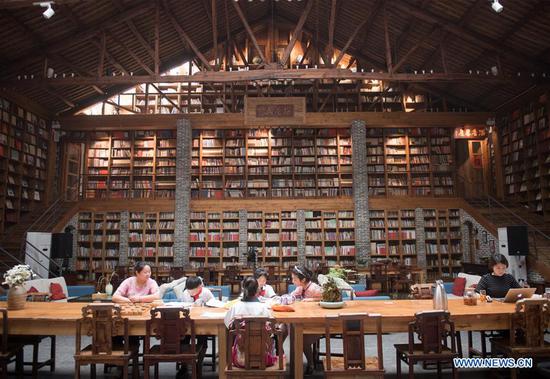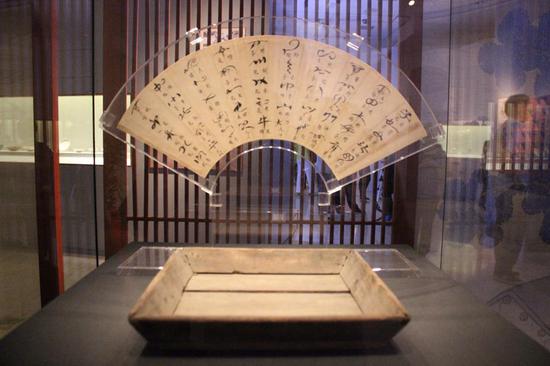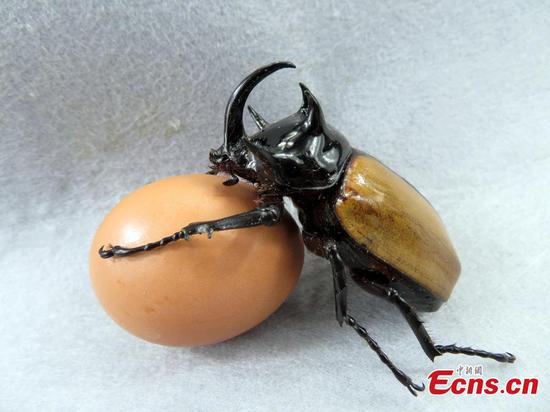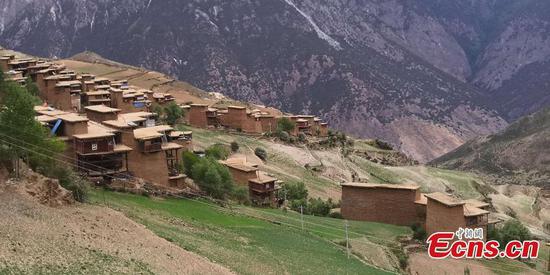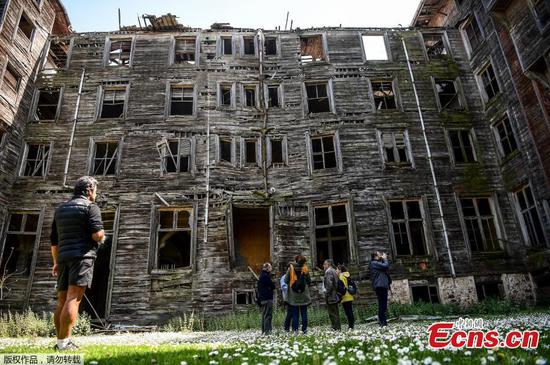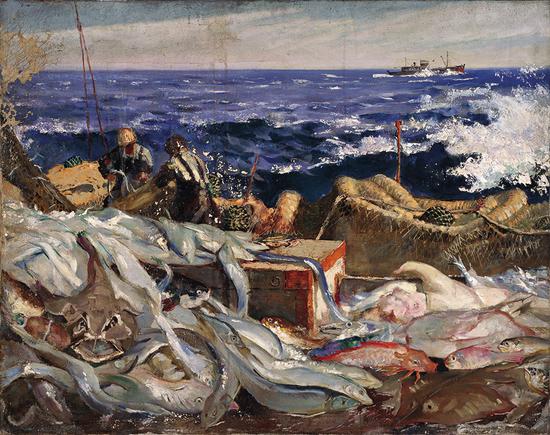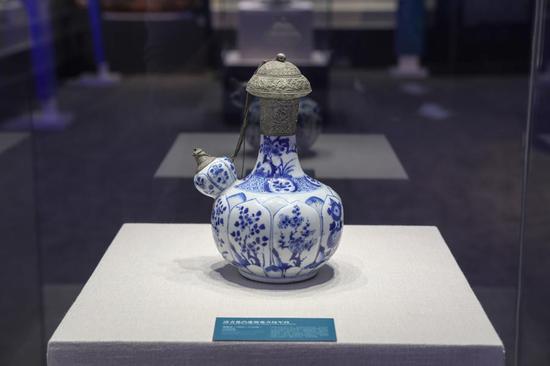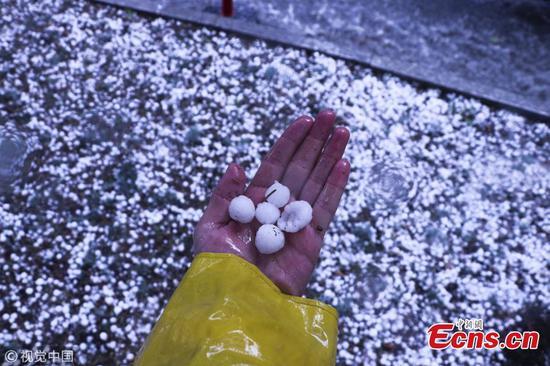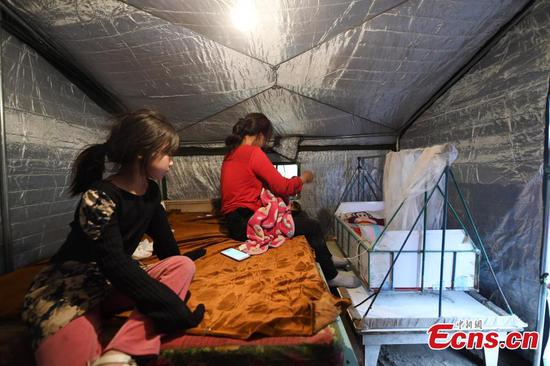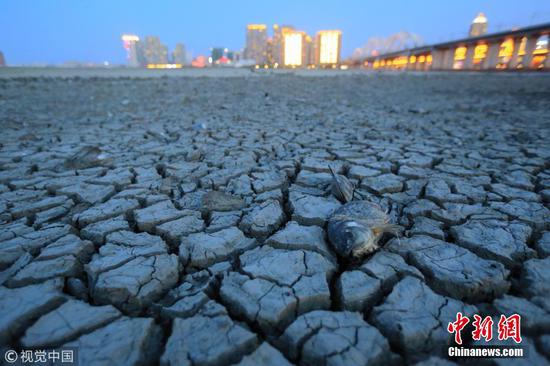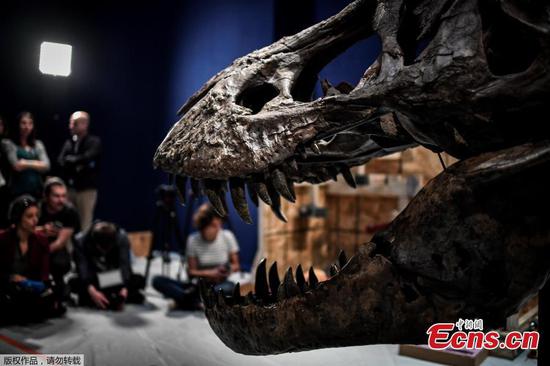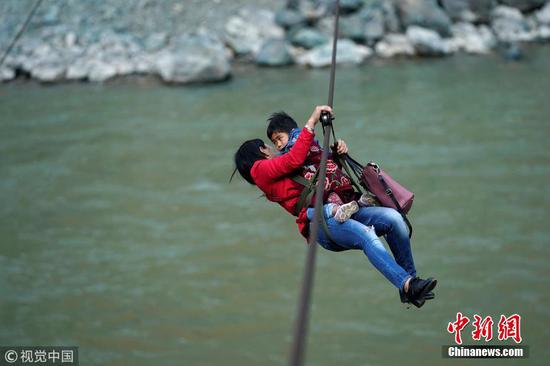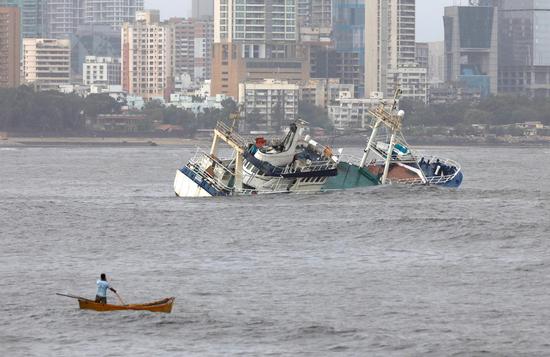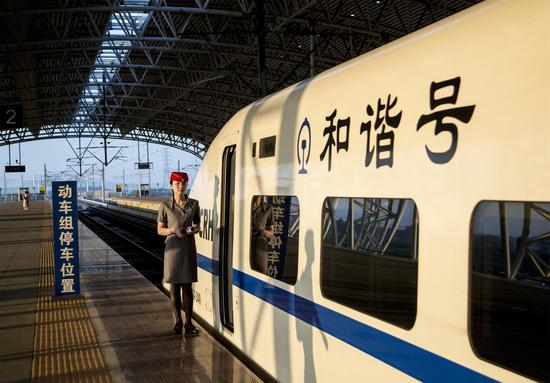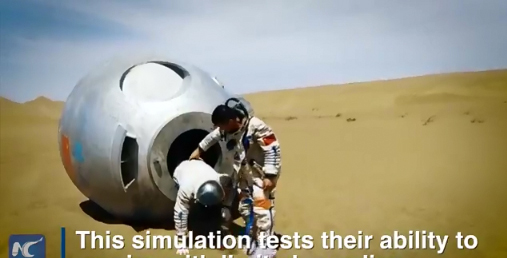Political instability, financial issues cast shadow over further development
The China-Pakistan Economic Corridor (CPEC) has developed faster than expected, but political stability in Pakistan will be the backbone of future sustainable growth, experts said.
The recent inauguration of a superhighway project under the CPEC will improve regional connectivity, which will be a positive outcome of the multi-billion-dollar project, Zhou Rong, a senior research fellow at the Chongyang Institute for Financial Studies at Renmin University of China, told the Global Times.
"The development of the CPEC is getting better and better, as improved infrastructure will help link upstream and downstream businesses," he said.
Pakistani Prime Minister Shahid Khaqan Abbasi on Saturday inaugurated the Sharqpur-Rajana section of the Lahore-Abdul Hakeem Motorway, or M-3, in Rajana Town near the textile city of Faisalabad in eastern Punjab province, according to the Xinhua News Agency.
The 138-kilometer section is a vital part of the 230-kilometer M-3, which is being funded by the Pakistani government and built by China Railway 20th Bureau Group, Xinhua said.
"Besides the motorway project, other projects - for example, some power plants - have already begun to deliver benefits to local people," Zhou said.
He noted that China-backed energy projects had resolved electricity shortages in major industrial cities, which also made those areas much more competitive than previously.
The Pakistan Neelum-Jhelum project, one of the most significant hydropower stations in Pakistan, saw its first turbine generator, which is designed to generate 243,000 kilowatts, officially start supplying electricity to the national grid, Beijing-based Economic Daily reported on May 2.
Construction work on the project began in 2008, with China Gezhouba Group Co as the major contractor.
But despite these signs of progress in CPEC-related projects, concern over the overall business environment in Pakistan has been looming, especially after the U.S. reportedly pressured to put Pakistan on a terror-financing watch list, other experts noted.
"In the past few years, investors from both China and Pakistan got too excited about the CPEC, and they overlooked the problems with the Pakistan economy," Mei Xinyu, a research fellow at the Chinese Academy of International Trade and Economic Cooperation, told the Global Times.
"Now, they need to carefully assess potential risks in some projects, and Pakistan's ability to repay its debts," Mei warned.
In the first 10 months of fiscal year 2017-18 which ends on June 30, Pakistan's government borrowed $9.6 billion from foreign countries, according to media reports. Pakistan's government borrowed $9.6 billion from foreign countries. Of that, loans from China stood at $1.5 billion, according to a post on the official website of the Economic and Commercial Counsellor of the Embassy of China in Pakistan on Tuesday.
The country's total debt level stands at $91.8 billion, and it will balloon to $144 billion in the next five years, the post said.
Pakistan expects to obtain new Chinese loans worth $1 billion to $2 billion to help it avert a balance-of-payments crisis, Pakistani government sources were quoted as saying in a Reuters report on Saturday.
On May 24, China increased the size of a currency swap agreement with the South Asian country by 10 billion yuan ($1.57 billion) to 20 billion yuan, according to Reuters.
"Political instability and widespread corruption are still serious issues in Pakistan, and it is crucial to strike a balance between political strategy and business profitability," said Wang Yiwei, director of the Institute of International Affairs at Renmin University of China.
"Still, the CPEC can be an example of regional growth and stability," he noted.
As Pakistan's general election which will take place in July nears, the international community is keeping close watch. The results may affect the continuity of policies, Zhou noted.
"More importantly, the country has to push forward construction of industrial parks under the CPEC, which can be a driving force for attracting clusters of industries," he said.









